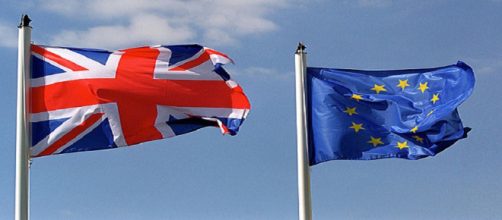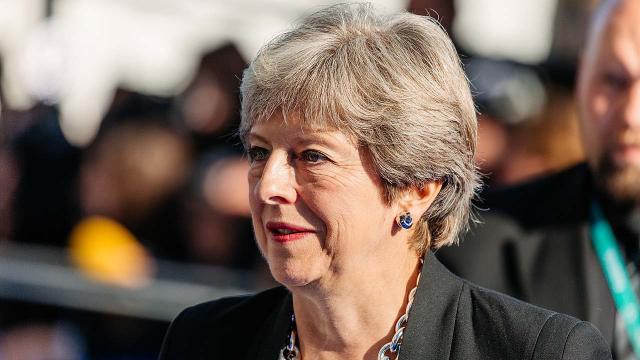The House of Lords have inflicted yet another defeat on Theresa May as the Peers backed retaining key aspects of the single market by continued participation in the European Economic Area (EEA) on Tuesday, similar to the deal which Norway enjoy with the EU. The legislation was helped by a rebellion of Labour Peers, along with a smaller rebellion amongst the Conservative Peers. Nonetheless, this is yet another defeat for the government by the Lords.
The latest defeat means that the government plan for a clean break is looking ever-more unlikely but what is a concern is that the government don’t have a plan going forward, as was evident in PMQs on Wednesday when Theresa May refused to answer Jeremy Corbyn’s questions on the customs union.
PMQs and Lords vote
Theresa May’s government have been dealt multiple blows over Brexit at the beginning of May the Lords voted on an amendment to the EU Withdrawal Bill giving MPs the power to prevent the UK from leaving without a deal, or make the Prime Minister return to negotiations, was approved by 335 votes to 244. Her team have been coming under increasing scrutiny ever since the negotiations have come to saunter towards the finish line and the divide within the party is growing by the day. With the likes of Boris Johnson ready pounce on a beleaguered Theresa May.
During PMQs, Jeremy Corbyn was efficient with his questioning and kept asking the PM about the UK’s arrangements with the EU over the customs union after Brexit.
He pointed out that Greg Clark, the business secretary, said jobs would be at risk without a proper customs deal, highlighted that her own Foreign Secretary Boris Johnson said that her custom partnership plan was crazy, he also said that Sir Ivan Rogers, the former ambassador to the EU, called May’s customs plans a “fantasy island unicorn” plan and finally quoted the ‘father of the house’ Ken Clarke, when he said that she should stand up to the “right wing loonies”.
The problem was that Theresa May didn’t just fall flat, she was uninspiring and her rhetoric was tired. The normally boisterous defence from the Conservative benches fell flat and the deputy speaker Lindsay Hoyle, who was standing in for John Bercow whilst he was attending the funeral of former speaker Lord Smith, kept the house firmly in order and the session went remarkably quick which was noted by the likes of Andrew Neil.
Brexit means…?
Brexit is an issue that has engulfed both parties and they should both be criticised for their approach, Labour haven’t really had a specific plan but they aren’t the ones who have access to all the information the government does, nor are they the ones negotiating. This means their Brexit plan has been largely flexible, except in the area of the possibility of a second referendum, the front bench has been against that for the most part.
The Conservatives have been in a complete mess over the negotiations, it took them around 9 months to agree on the leaving fee, Irish border (something that is not entirely resolved) and the rights of EU citizens. Then in setting up the outline for trade negotiations, their ideas have been branded as fantasy.
The government is split over the transitional period, whether we remain part of the customs union and/or single market and cabinet ministers have been dropping like flies over various other scandals.
Overall, the referendum was diabolical and the subsequent negotiations and the continuing shambles being made of the negotiations with no clear direction, highlights that no-one has a plan for leaving the EU. But the issue for both parties is that with the vote so close in the first place, even if the outcome would now switch to remain, the divide would remain around the same and that means no matter what they do, they will be alienating almost half the population over Brexit. That is why Labour have been focusing their attentions on the reason why people voted Brexit, wages, housing and general disenfranchising of generations.



